Humans

Educators and Parents, Sign Up for The Cheat Sheet
Weekly updates to help you use Science News Explores in the learning environment
Thank you for signing up!
There was a problem signing you up.
-
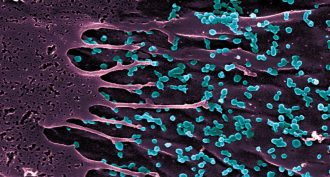 Health & Medicine
Health & MedicineChikungunya wings its way north — on mosquitoes
A mosquito-borne virus once found only in the tropics has adapted to survive in mosquitoes in cooler places, such as Europe and North America.
By Nathan Seppa -
 Health & Medicine
Health & MedicineNews Brief: Stress may break diet willpower
A new study suggests stress can affect our behavior — and willpower — by making tasty foods look more irresistible.
-
 Environment
EnvironmentNanosilver: Naughty or nice?
Nanosilver is in many products, from socks to toothbrushes. The tiny particles kill microbes. But it’s still unclear whether they can harm us or the environment.
-
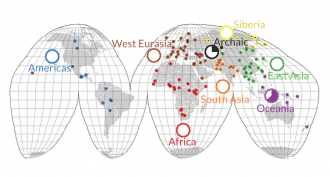 Genetics
GeneticsDNA: Our ancient ancestors had lots more
Ancestral humans and their extinct relatives had much more DNA than do people today, a new study finds. It mapped genetic differences over time among 125 different human groups.
-
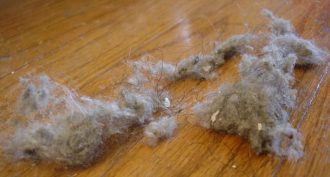 Environment
EnvironmentCan house dust make us fat?
Materials found in dust, including common fats, may trigger human fat cells to grow. This might promote weight gain, some scientists worry.
By Beth Mole -
 Agriculture
AgricultureOrganic food starts to prove its worth
Organic food often comes with a higher price. But research is showing that food grown this way can be better for the environment — and possibly for us.
-
 Humans
HumansJamestown: Unearthed graves tell tales of colony leaders
The newly uncovered 400-year-old remains of four leaders of the Jamestown settlement in Virginia reveal details of the notable’s lives — and deaths.
By Bruce Bower -
 Health & Medicine
Health & MedicineVaping can lead to teen smoking, new study finds
A study in L.A. high school students finds that those who vape are much more likely than those who don’t to eventually take up smoking cigarettes.
By Meghan Rosen and Janet Raloff -
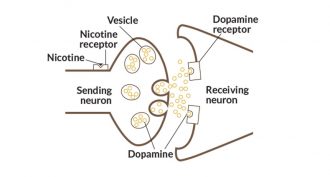 Health & Medicine
Health & MedicineExplainer: The nico-teen brain
Both e-cigarettes and tobacco products can release large amounts of nicotine during use. Nicotine is the chemical that makes tobacco addictive — and the teen brain is especially vulnerable to it.
-
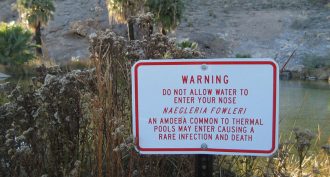 Microbes
MicrobesHow ‘brain-eating’ amoebas kill
When people infected with a “brain-eating amoeba” die, their own immune systems might be to blame.
-
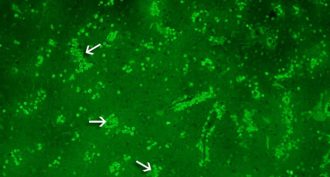 Health & Medicine
Health & MedicineFive things to know about ‘brain-eating’ amoebas
These parasites can be scary, but they rarely trigger infections. Still, knowing more about them can help you avoid behaviors that heighten risks.
By Janet Raloff -
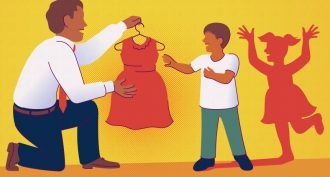 Health & Medicine
Health & MedicineIdentifying as a different gender
People grappling with gender identity issues (and their families) face difficult choices. As society increasingly accepts transgender youth, more research is needed to understand how better to support them.